Bankrupted Quarrying Operation Leaves Behind Scars
Two South County communities concerned about future use of 108-acre property that some neighbors are calling an "active brownfield"
September 16, 2015
CHARLESTOWN, R.I. — The half-decade-long Copar Quarries feud appears to be over, and there are no winners. The quarrying operation has stopped blasting and smashing granite, but the local environment remains scarred, public-health concerns linger and jobs were lost. Also, there’s nothing stopping the property’s owner, a well-connected Westerly family, from finding a new tenant that wants to crush up to 150 tons of stone an hour.
“It was hell at a very low level,” said local resident Susan Clayton, who lives a good golf drive from the controversial quarry, about the past five years. “I’d be tense for three days after a big blast, and there was the stress from the continued crushing of stone and the banging of heavy equipment.”
Connecticut-based Armetta LLC, successor to Copar Quarries, filed for Chapter 11 bankruptcy protection last month in U.S. Bankruptcy Court in New Haven, Conn. Although many Chapter 11 petitions result in company reorganization, a lawyer for Armetta LLC told The Westerly Sun the company isn’t reorganizing and is liquidating its assets.
Copar Quarries/Armetta LLC, in the Westerly village of Bradford on the Charlestown line, began operating in December 2010. The nearly five-year ordeal that pitted local residents, municipal and state officials, company representatives and the property owner against each other was rife with lawsuits, mediation sessions, public meetings, conflicts of interest and unpaid creditors.
In August 2012, the town of Westerly issued a cease-and-desist order against Copar/Armetta, claiming the company “willfully violated” local policies and created a nuisance to neighbors. A site inspection by the town found the company had failed to install measures to control stone dust.
In response to that claim and others, Copar/Armetta would appeal, defy orders to halt work or, in one case, deny a local zoning official access to the quarry to investigate a complaint. All the while, the quarry would continue to crush stone.
George Comolli, a local attorney and a member of the family that leased the property to Copar/Armetta, took the quarry’s court-appointed on-site monitor on a golfing trip to Myrtle Beach, S.C.
Even though neighbors claim local officials did little to address the company’s brazenness, members of the Comolli family, which owns the 108-acre property, accused the Westerly Town Council of trying to put the operation out of business and deprive the family of its ability to lease the quarry.
The state did even less to address health and environmental concerns, according to neighbors. Earlier this year, the Rhode Island Department of Environmental Management (DEM) said the quarry failed to comply with a consent agreement that addressed water pollution, but the company was forced to do nothing.
Earlier this year, during a Statehouse hearing, a DEM official told the House Committee on Municipal Government that the agency lacked a sufficient number of inspectors and lawyers to properly regulate the Copar/Armetta quarrying operation.
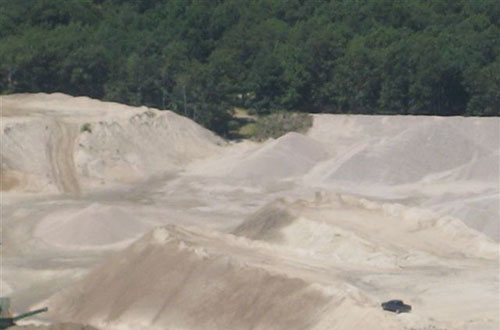
Last year, Copar/Armetta agreed to pay an $80,000 fine and correct violations identified by the Environmental Protection Agency (EPA). Neighbors, tired of DEM’s excuses, called the federal fine “laughable,” and no one really knows if the violations were corrected before the business skipped town, leaving behind what concerned neighbors are calling an “active brownfield.”
Charles Marsh, a vocal opponent of the quarry operation, is concerned the property will morph into a hazardous waste site, largely because he fears a lack of oversight at both the local and state level.
“In nearly five years, our elected leaders have done nearly nothing,” Clayton said. “A strip-mining operation was allowed in people’s backyards because our leaders looked the other way.”
Dust up
Armetta LLC’s lawyer told The Westerly Sun late last month that employees would remain on the property, which the business leased from the Comolli family, for a time to secure the company’s equipment.
But what happens after all the equipment is moved out and the front gate locked?
It’s likely the quarry will remain a source of frustration for residents, whose complaints about dust, heavy metal, runoff and noise pollution during the past five years have largely fallen on deaf ears.
For Marsh, a Westerly resident, the biggest concern is what happens to the dust piles that contain a known human carcinogen when the last quarry employee leaves.
“There’s mountains of dust there,” he said. “It’s amazing how many piles there are. It’s a major health hazard and there should be an emergency ordinance passed to deal with it. It needs to be removed or capped. Silica dust might be tough to see, but it’s there.”
Silica dust, created by the crushing and/or cutting of materials such as stone, rock, concrete, brick and block, is a Group 1 carcinogen. Prolonged exposure to crystalline silica can lead to the lung disease silicosis and to other lung ailments, including lung cancer, according to the Centers for Disease Control and Prevention.
Charlestown Town Council president Thomas Gentz said he was told three years ago by Copar/Armetta officials that the quarry contained 80 million pounds — 40,000 tons — of stone dust. “There’s probably much more than that lying around there now,” he said.
Both Marsh and Clayton, and the other dozen or so people who have spent the past five years fighting a quarrying operation in the middle of a residential neighborhood and between the Woody Hill Management Area and Burlingame State Park, are leery that Westerly Granite Co. Inc., owner of the property, will do anything to control the migration of quarry dust.
In fact, these neighbors aren’t even sure Copar/Armetta was watering the dust piles as required, because no one was really checking.
Rep. Blake Filippi, I-New Shoreham, said the town of Westerly never adequately enforced the requirement that the dust piles remain hydrated. “The town wasn’t proactive in enforcement,” he said. “And, frankly, it needed to be.”
George Comolli, speaking for the family that owns the property, recently told ecoRI News that the quarry’s dust piles are being watered daily. He said the amount of crystalline silica on the property is far below state and federal limits.
“More silica dust would be created if you took a sledgehammer and started smashing a cement block,” he said.
Neighbors say wind-swept quarry dust covers their homes and cars, and sickens them and their pets.
“Silica dust is as bad as asbestos dust. Officials weren’t aware how dangerous this dust is,” said Marsh, who has spent the past several years relentlessly making local and state officials aware of this health hazard. “There’s a lack of empathy in understanding the issue and its implications.”
Gentz said he would prefer the quarry’s dust piles be covered. “They’re too big to constantly keep wet,” he said. “And it doesn’t make sense for officials to have to regularly check that they are.”
Neighbors are concerned that another company will be allowed to fill the quarry vacancy and start adding to the property’s mountain of dust.
After the Copar/Armetta case winds its way through bankruptcy court, Comolli said the family would like to find an operator to wash the dust into sand or sell it as an aggregate. Once the property is devoid of dust piles, he said the family would like to bring in a “credible” and “reputable” operator to run a not-so-big quarrying operation.
Comolli also said there have been offers to buy the property and turn it into a landfill.
To prevent another quarrying operation from starting, a group of local residents has asked the Westerly Town Council to drop or modify a consent agreement the town signed last year with the property’s owner and the soon-to-be-departing tenant.
Under that agreement, any new ordinances regulating quarry operations wouldn’t apply to the Comolli family’s property. The agreement essentially allows the Westerly Granite Co. to find another tenant interested in operating a neighborhood quarry, according to Filippi.
Filippi, who is the attorney representing the group, said the 2014 consent agreement stripped away the town’s right to regulate quarrying activities and negatively impacted neighborhoods in both Westerly and Charlestown. A petition has been filed and the Westerly Town Council has 40 days to respond.
Filippi, whose district includes parts of Charlestown and Westerly, said Copar/Armetta and the Comolli family kept Westerly paralyzed by filing a huge lawsuit against the town.
“Copar and Westerly Granite are very litigious,” he said. “They filed a big claim and the town was intimidated.”
Copar/Armetta and Westerly Granite filed a $10 million lawsuit against the Westerly Town Council and Zoning Board of Review, claiming they were the victims of a conspiracy that included bogus findings of zoning violations and other unfair enforcement practices that violated their constitutional rights.
Among those fraudulent violations, the lawsuit claimed, were the six issued in July 2012 by DEM alleging that Copar and Westerly Granite engaged in activities that altered freshwater wetlands without a permit, failed to obtain a stormwater discharge permit and improperly disposed of solid waste. More than 20 cubic yards of bottles, cans, jars, plywood, vinyl siding and asphalt shingles were found on the property.
Copar/Armetta officials claimed those conditions were there before the company moved in. The lawsuit has since been settled, according to Comolli.
“We need to re-empower the town of Westerly and DEM so they can better protect the community,” said Filippi, referring to efforts locally and statewide that would better manage quarrying operations.
This past legislative session the General Assembly passed a law largely written to address problems at the Copar/Armetta-run quarry.
Both Filippi, who co-sponsored the bill, and Gentz believe the act will give DEM and local officials the teeth needed to better enforce laws that govern quarrying operations.
DEM didn’t make anyone available to discuss how it plans to protect residents who live within a mile of the quarry from wind-swept dust or how it plans on addressing the situation in the future. DEM also refused to comment for a story ecoRI News published two years ago about the issues associated with the Copar/Armetta quarrying operation.
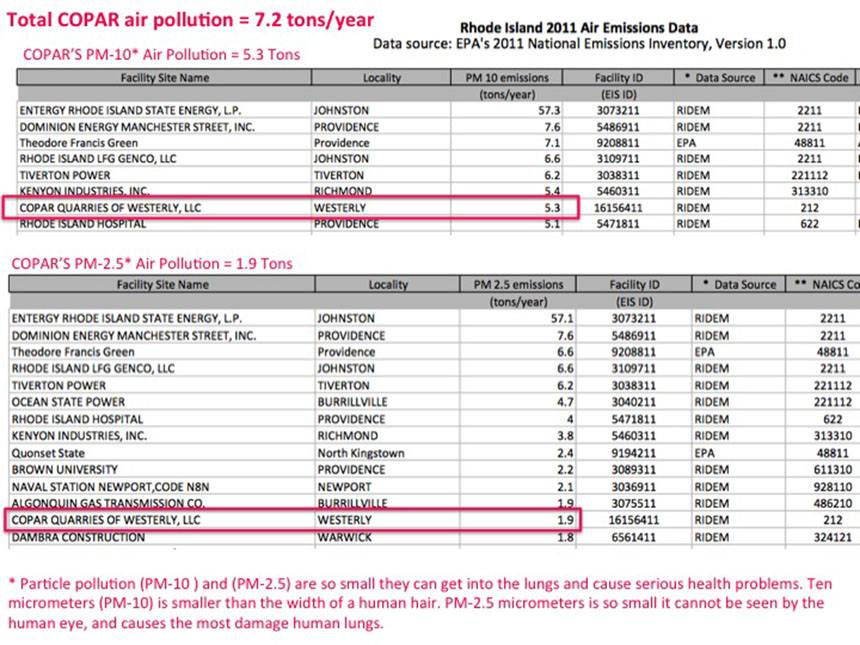
Unhealthy concerns
ecoRI News recently spent nearly four hours at the kitchen table in Clayton’s home on Niantic Highway — don’t let the name fool you, it’s a bumpy dirt road — speaking with her and Marsh about the problems caused by a long-dormant quarry becoming active again.
Clayton bought her home in 1982, about a dozen years after the quarry had last been worked. She said the real-estate agent told her the quarry would remain closed and that the last time the property was heavily quarried was prior to World War II.
“We were kids, and it was heaven,” said Clayton, noting that she and her husband were in their early 20s when they bought the house. “My father was the only person who was concerned about the quarry.”
For the next 28 years, however, there was no reason to be concerned, as the quarry remained mostly quiet. Clayton and her family hiked the area in and around the property, enjoying the wildlife — swans, ducks and egrets — and vegetation that thrived in the land between Burlingame State Park and the Woody Hill Management Area. Clayton walked three different family dogs on that land.
“Nobody, not the councils [Westerly and Charlestown] or DEM, valued that land or its history,” she said. “A quick buck and a few more jobs were more important.”
Today, that land is mostly barren and lifeless, no one in the family hikes it or walks the dog on it, and Clayton is having a hard time selling her piece of heaven.
Her home is on the market, with an asking price of $212,000 — about $40,000 lower than it was valued prior to 2010. She said a hired water-quality expert, citing concerns about the release of radon gas and other problems related to quarry blasting and the shifting of granite plates, recommended that she move.
Clayton put her house on the market a year ago, after being diagnosed with what she said her doctors are calling an unusual cancer. The divorced mother of six said her illness began as breast cancer, but has since moved to her abdomen. She noted that she was never a smoker and there is no family history of cancer.
She’s undergoing chemotherapy, and has told her children she wants her body to be autopsied. She expects crystalline silica will have played a role in her death.
Her youngest child, 11, has been diagnosed with asthma and croup. She believes crystalline silica is to blame.
As she deals with her serious illness and her son’s health problems, Clayton can’t help but be frustrated by how such a heavy industry was allowed to return to a community that had been residentially reshaped since the quarry last operated.
Clayton noted how local officials wouldn’t allow her to build a garage or put a shed on her property because it would negatively impact surrounding wetlands.
“They told me I couldn’t build on my property because there was skunk cabbage,” said Clayton, a registered nurse who works at a health-care facility in Johnston. “So it’s amazing to me that the quarry was allowed to operate again and allowed to expand.”
She said she watched in amazement at DEM’s reaction to the explosion this summer at Salty Brine State Beach. “Janet Coit (DEM director) was everywhere,” said Clayton, noting she was glad the injured woman recovered. “In our five years of worrying about silica dust and other health concerns, we can’t get anyone from DEM on the phone.”
Marsh blames this lack of concern and measly oversight on a corrupt process, calling it the “Westerly Way” and “typical Rhode Island politics.”
“Land is the most valuable thing in any town, and whomever controls land use, controls the town,” Marsh said. “Public health was jeopardized for the sake of land use.”
ecoRI News contacted interim Westerly town manager Amy Grzybowski for comment about the quarry’s dust piles and the property’s future use. In an e-mail, she wrote: “Since the bankruptcy court has now assumed jurisdiction, these are issues that will likely be raised by the litigants to that proceeding, including the bankruptcy trustee. We assume that the court will adjudicate the matters pertaining to the piles of sand and stone dust.”
In addition to having spent the past several years fighting the quarry and documenting the pollution being caused by its operation, Marsh said he’s worried taxpayers, such as himself, will be left to pay for the cleanup of what he calls the “nation’s only wetland-based strip-mine.”
He said the destruction of wetland fauna and soil surrounding the quarry has damaged the ecosystem’s ability to filter ground and surface water. Many residents who live in the area, such as Clayton, have private wells on their property.
“We’ve been dealing with a corrupt system,” Marsh said. “DEM negotiates with polluting businesses instead of doing their job. All they do is protect the status quo.”
Marsh, citing the Union of Concerned Scientists, said he’s also concerned about heavy metals, such as arsenic, selenium, cadmium and zinc, from diesel-fuel emissions of mining equipment and trucks polluting local wells and the Pawcatuck River aquifer.
“This is one the biggest environmental issues in the state right now,” Filippi said. “It impacts the public health, safety and welfare of a residential community.”
During a Statehouse hearing in May regarding the DEM budget, residents living near the quarry criticized the state agency for its inability to stop incessant noise and air pollution.
“We’ve seen nothing but inaction from DEM for four years,” Steven Dubois testified at the May 12 hearing. “They’ve done nothing.”
Dubois, whose backyard abuts the quarry, claimed Copar/Armetta revived the long-dormant quarry without obtaining all the necessary permits. He said dust from the mining coats his property daily.
Sitting in her kitchen last week, Clayton said, “Cronyism is not more important than children’s health.”

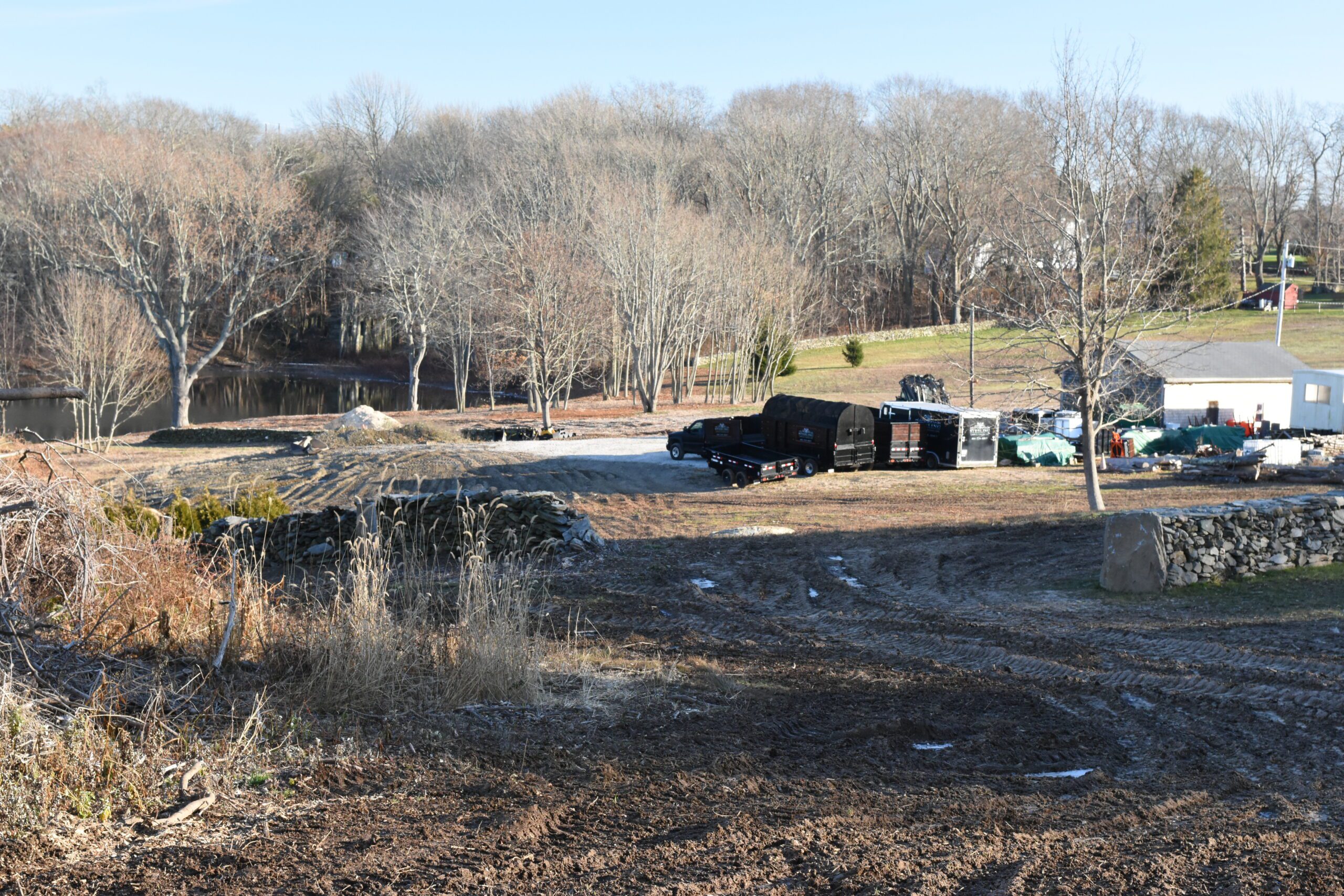
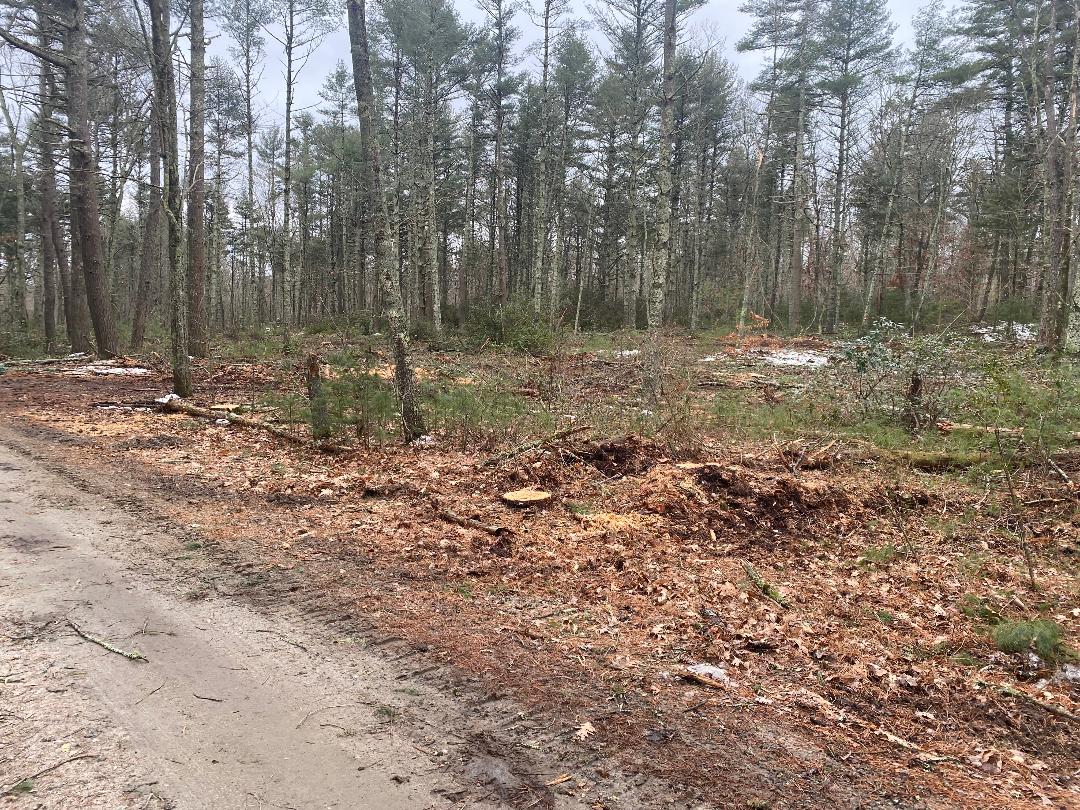
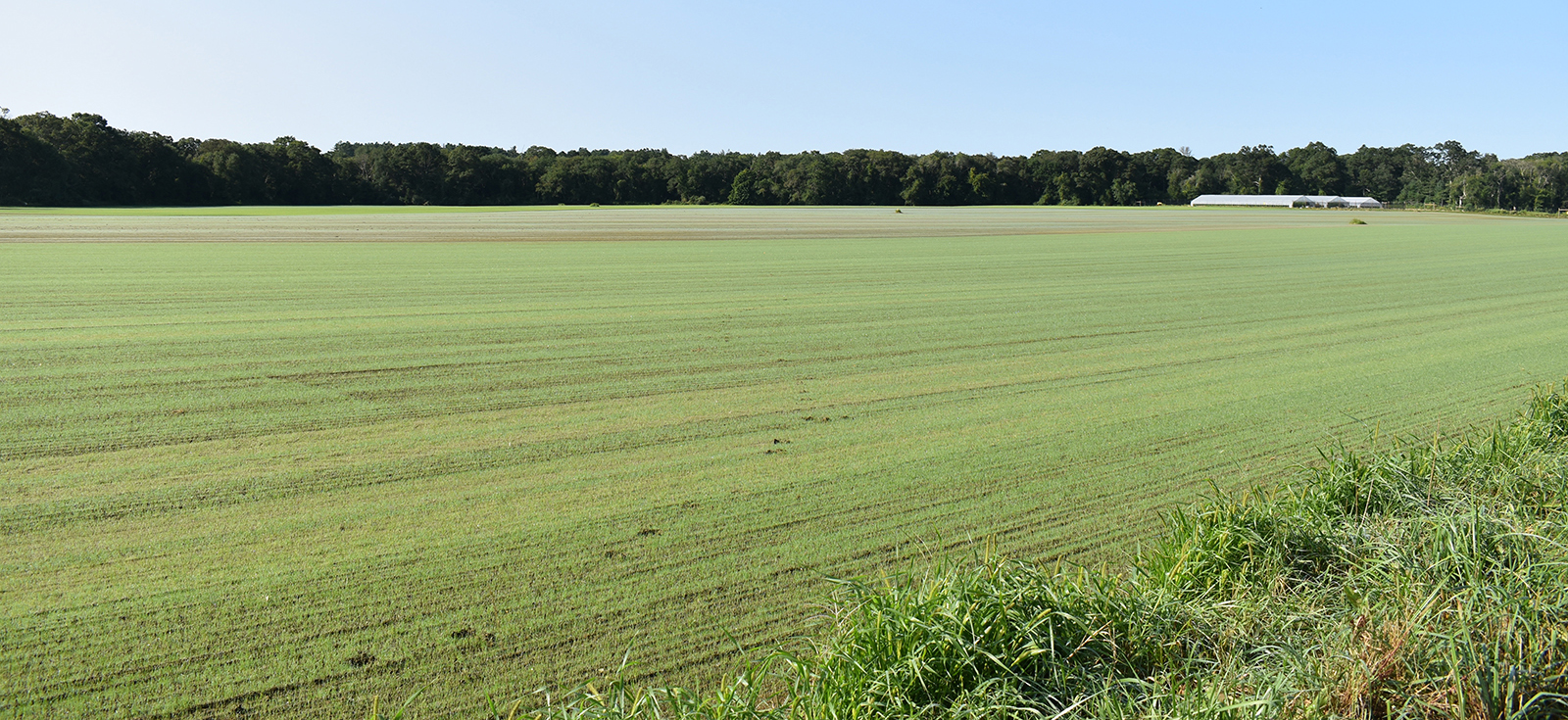
This is disgusting that the State or RI and the DEM have done nothing about this and how corrupt Westerly is in signing an agreement that allowed the mine to continue and exempted it from regulation…!!!
“More silica dust would be created if you took a sledgehammer and started smashing a cement block,” he said. (George Comolli, COPAR’s landlord).
Other famous quotes by COPAR’s champions-
1. "Stone dust is too heavy to fly".
2. Its "mold" covering the homes in Bradford, not silica dust"
3. We (COPAR) are in compliance with all DEM regulations."
A moron is defined someone having the mental capacity of a 5 yr old. Are we morons, or not?
Will Comolli voluntary breath the dust created by said block smashing? Neighbors are forced to breath dust from his property all day, every day. Morally bankrupt as well as chapter 11.